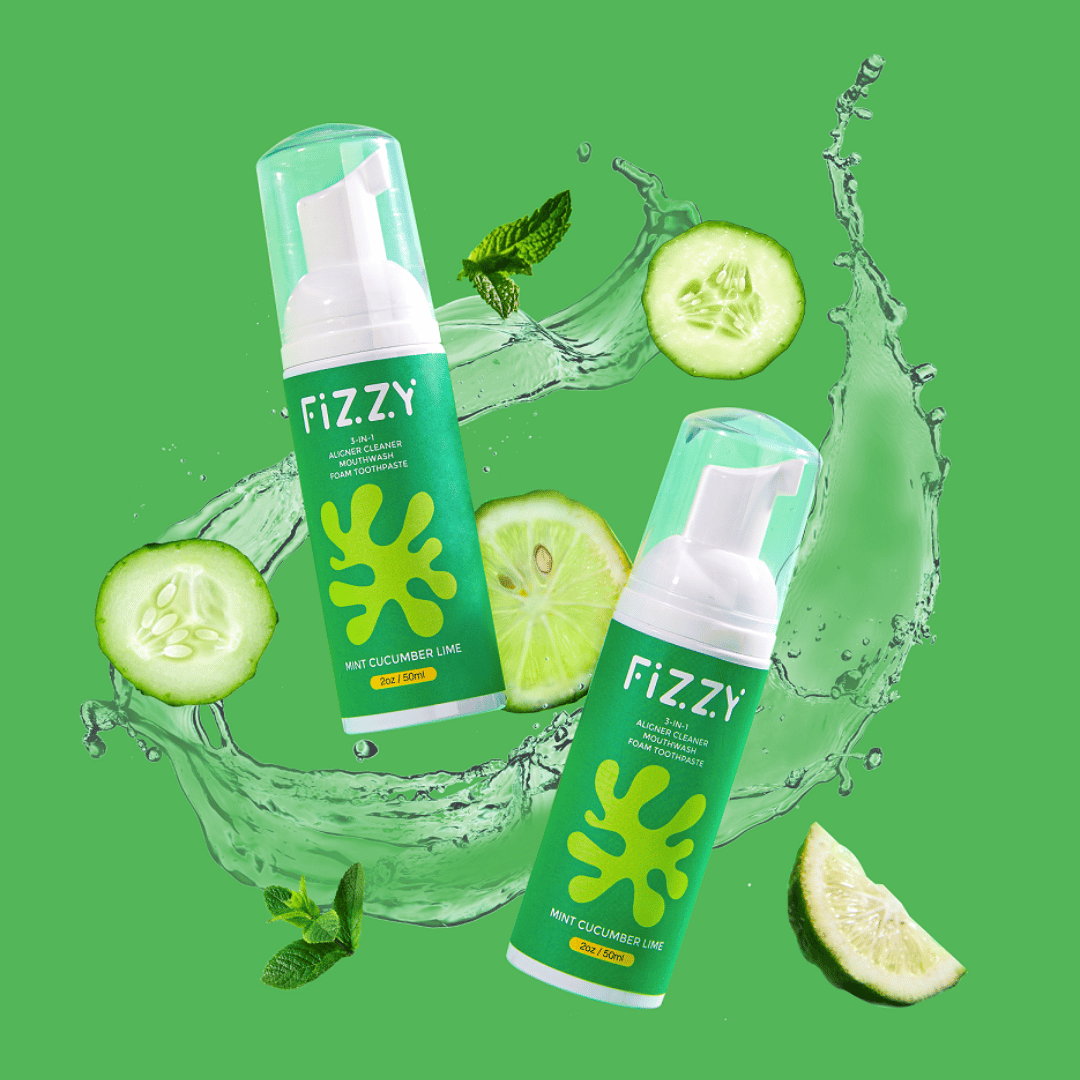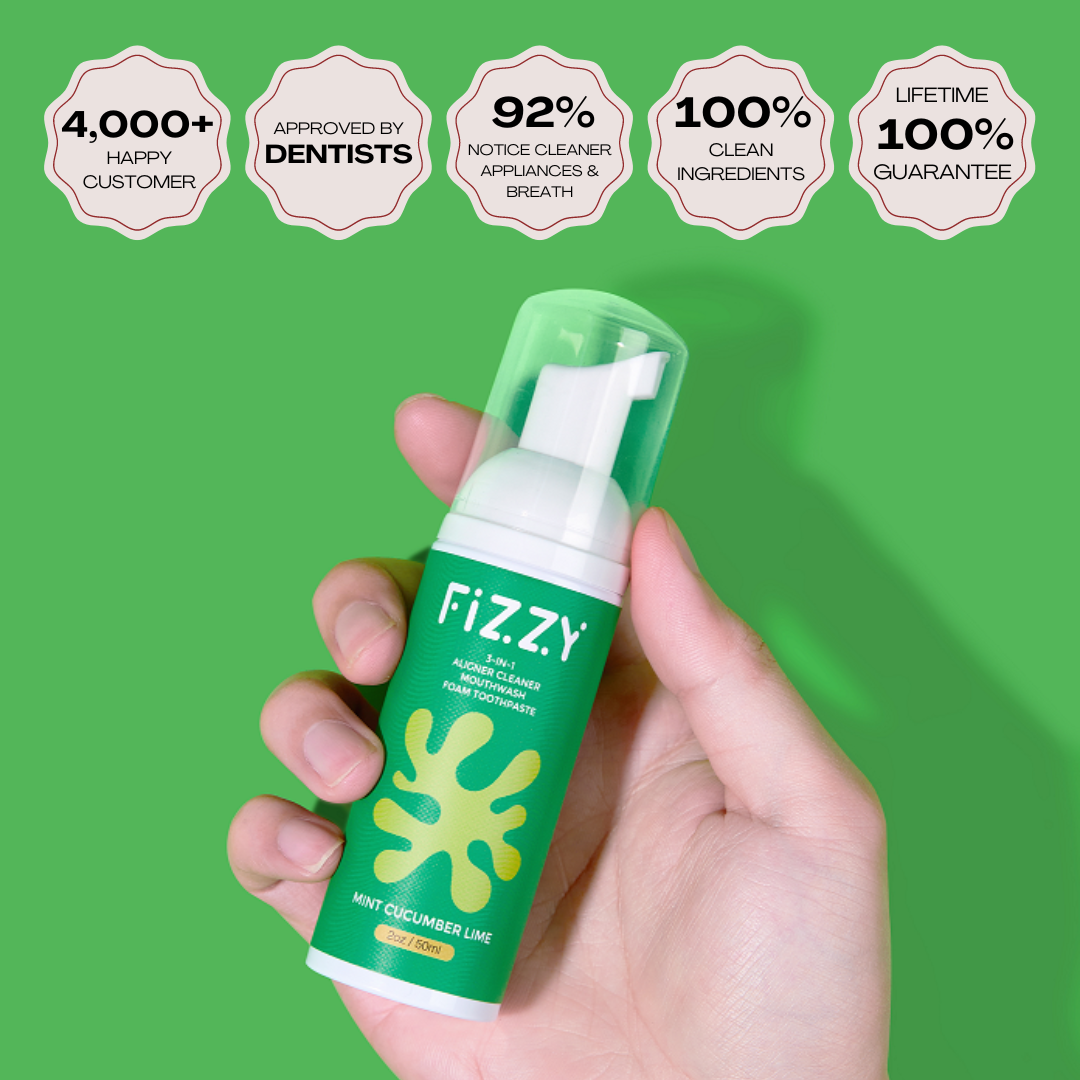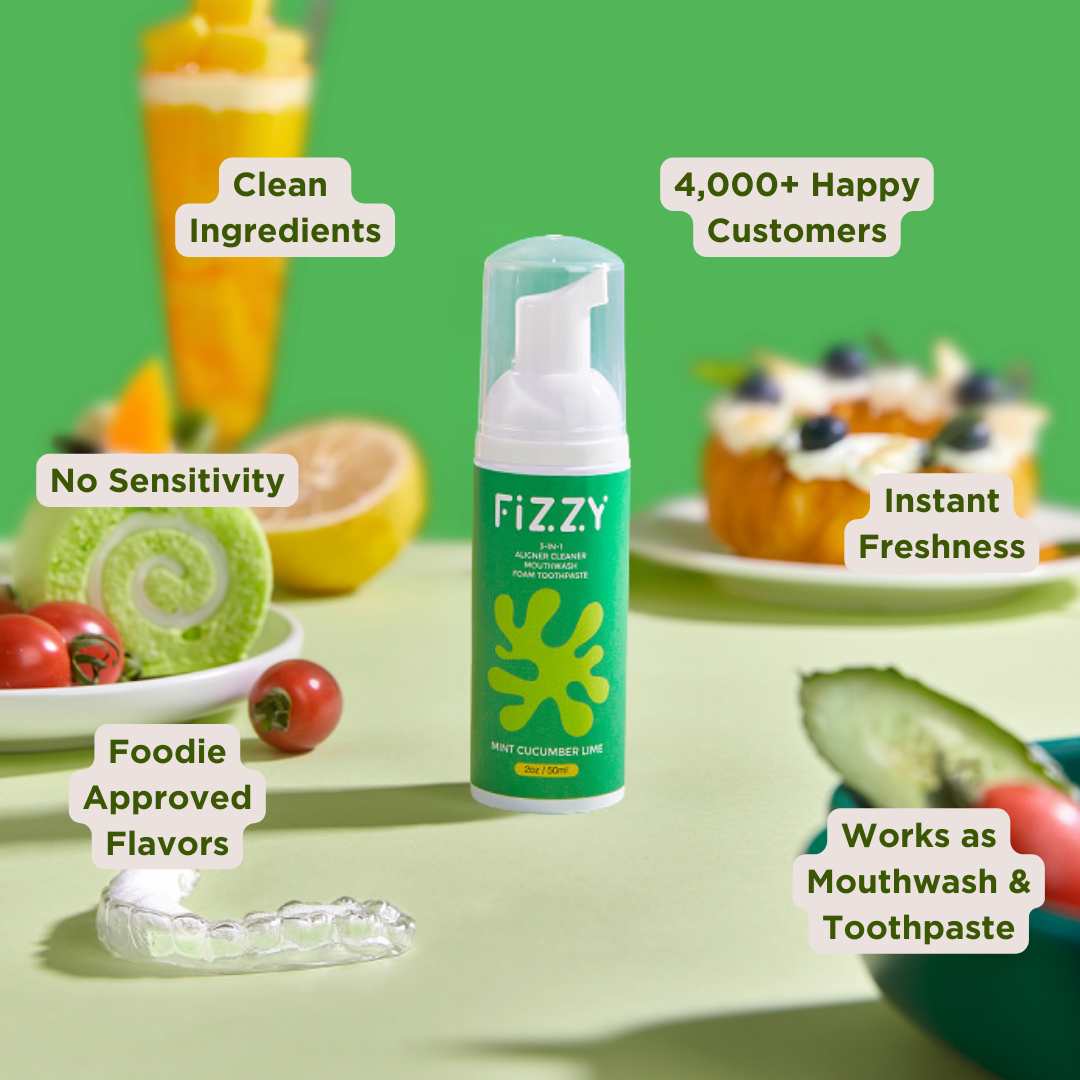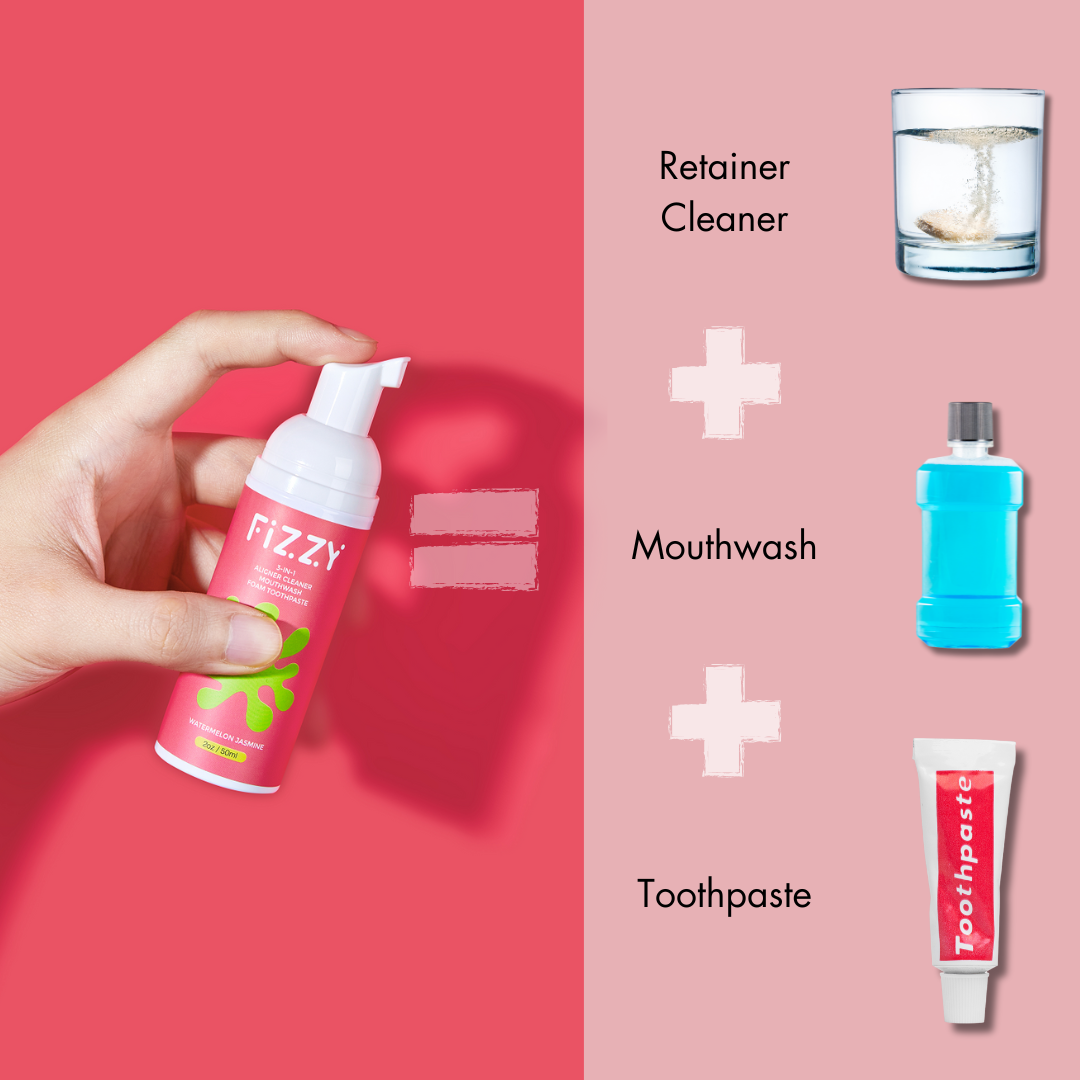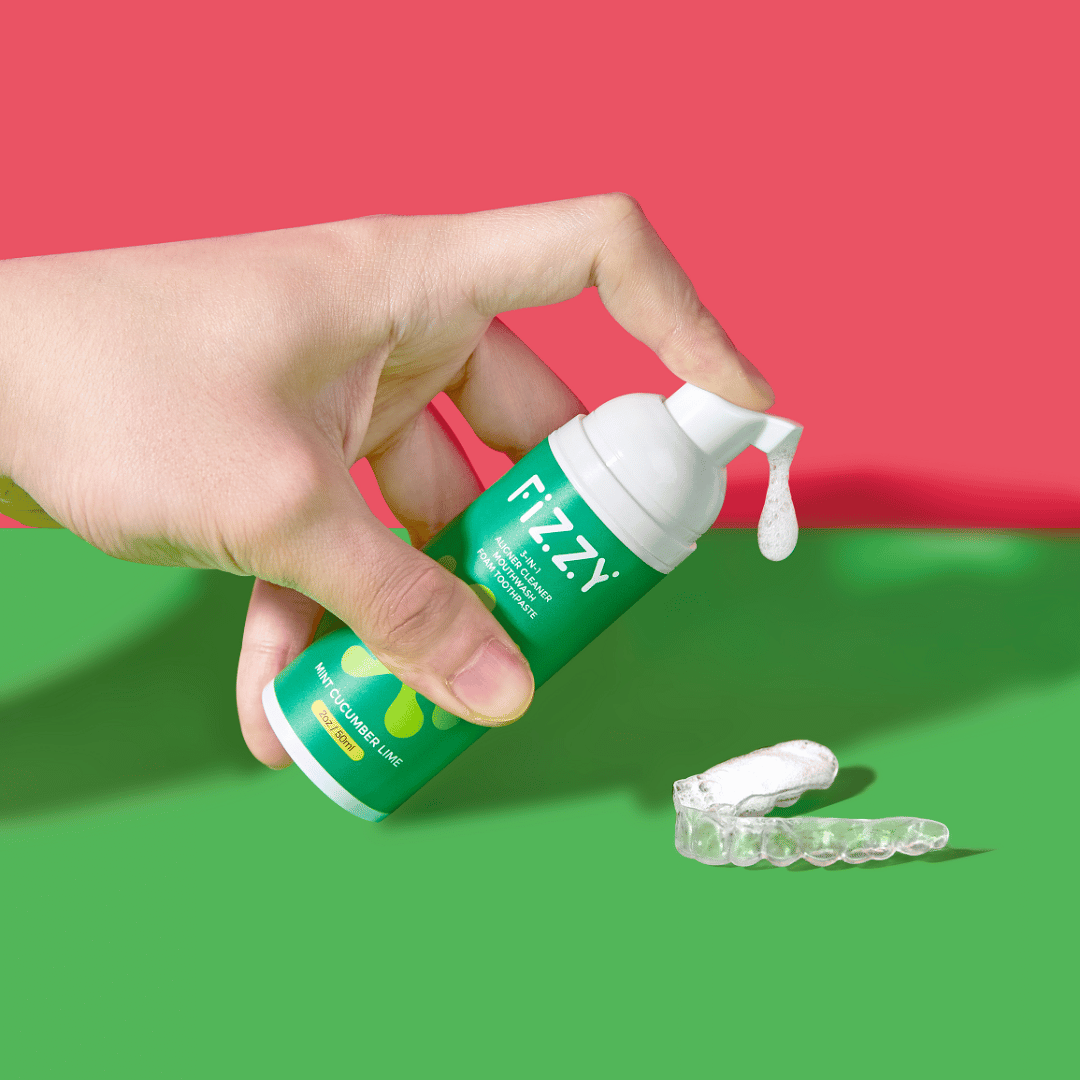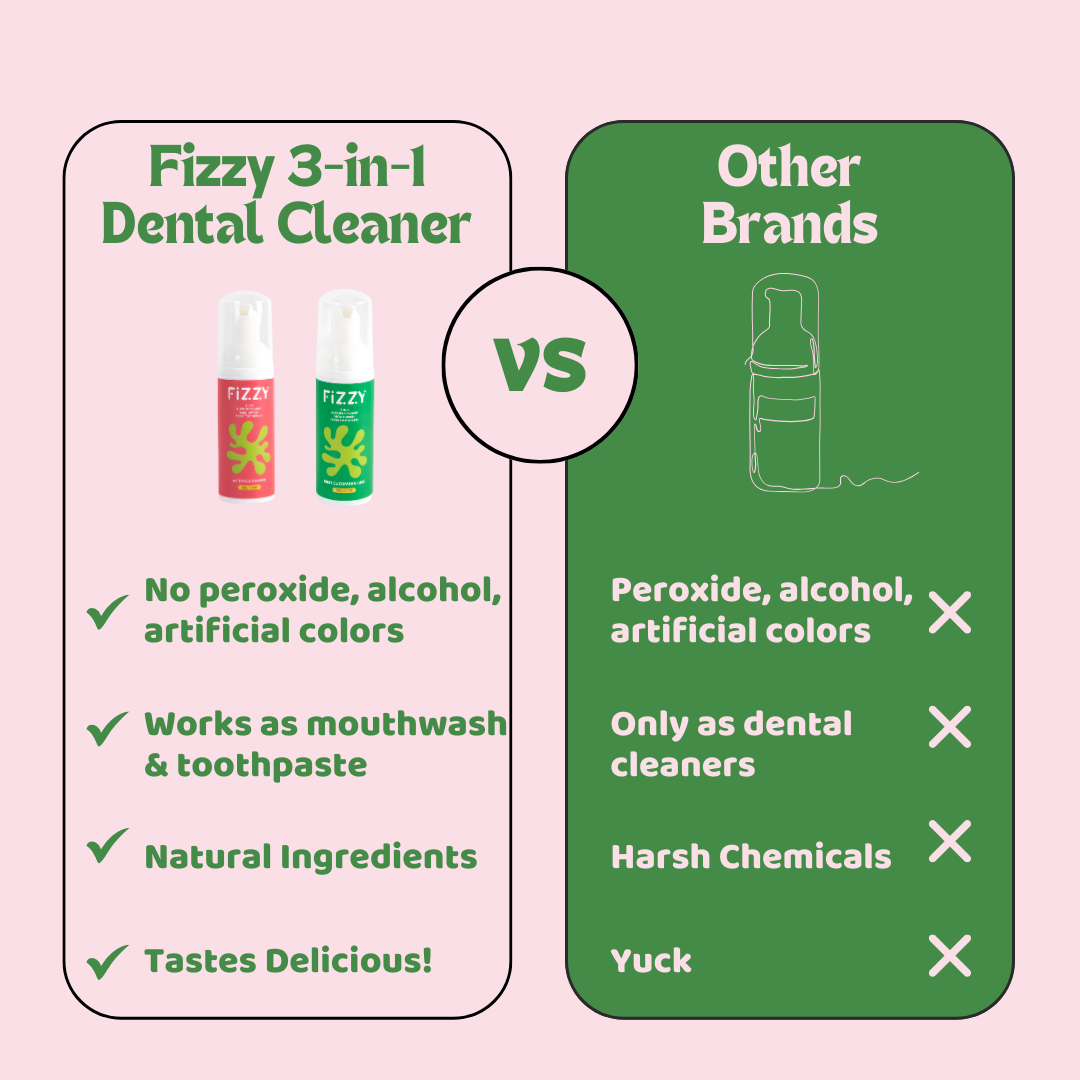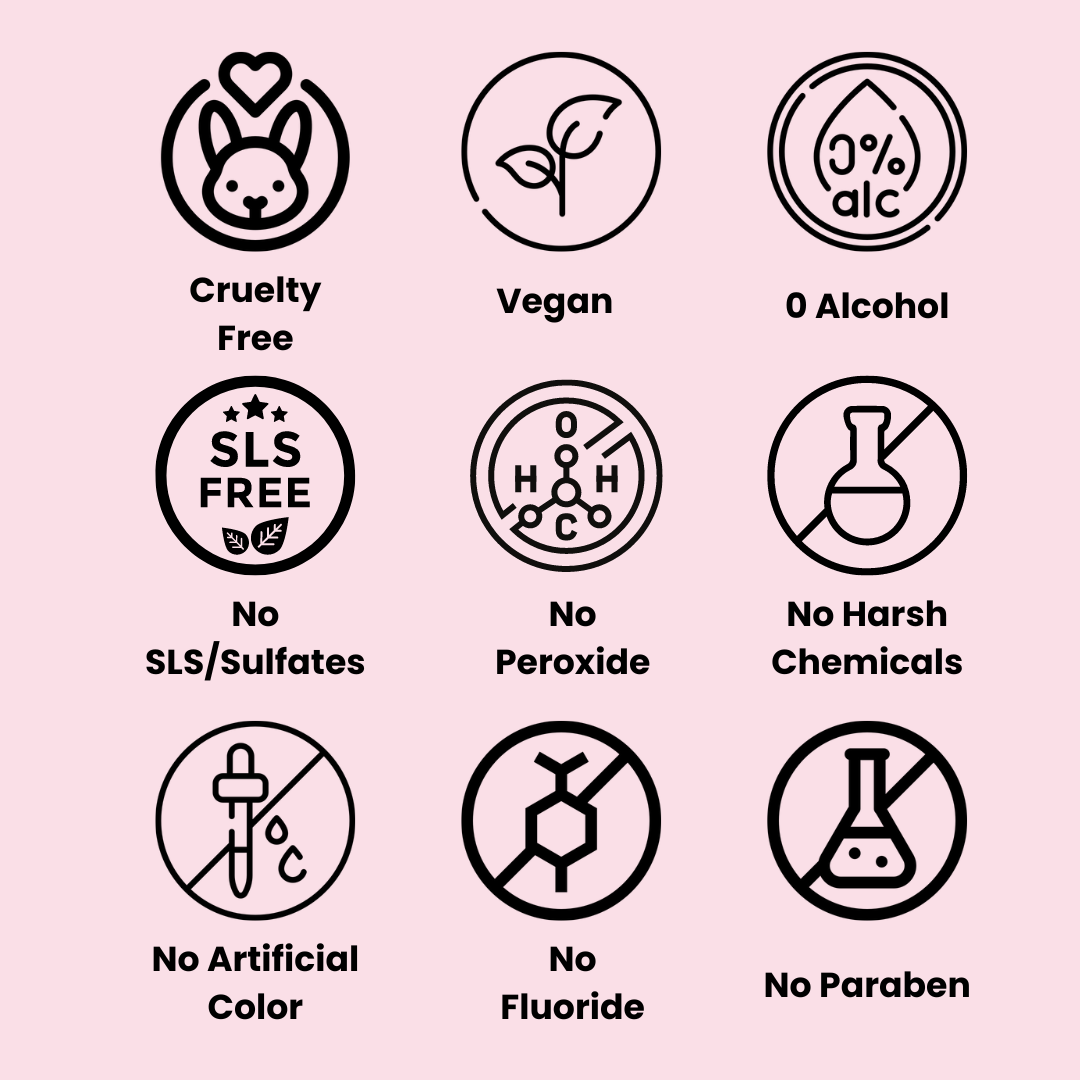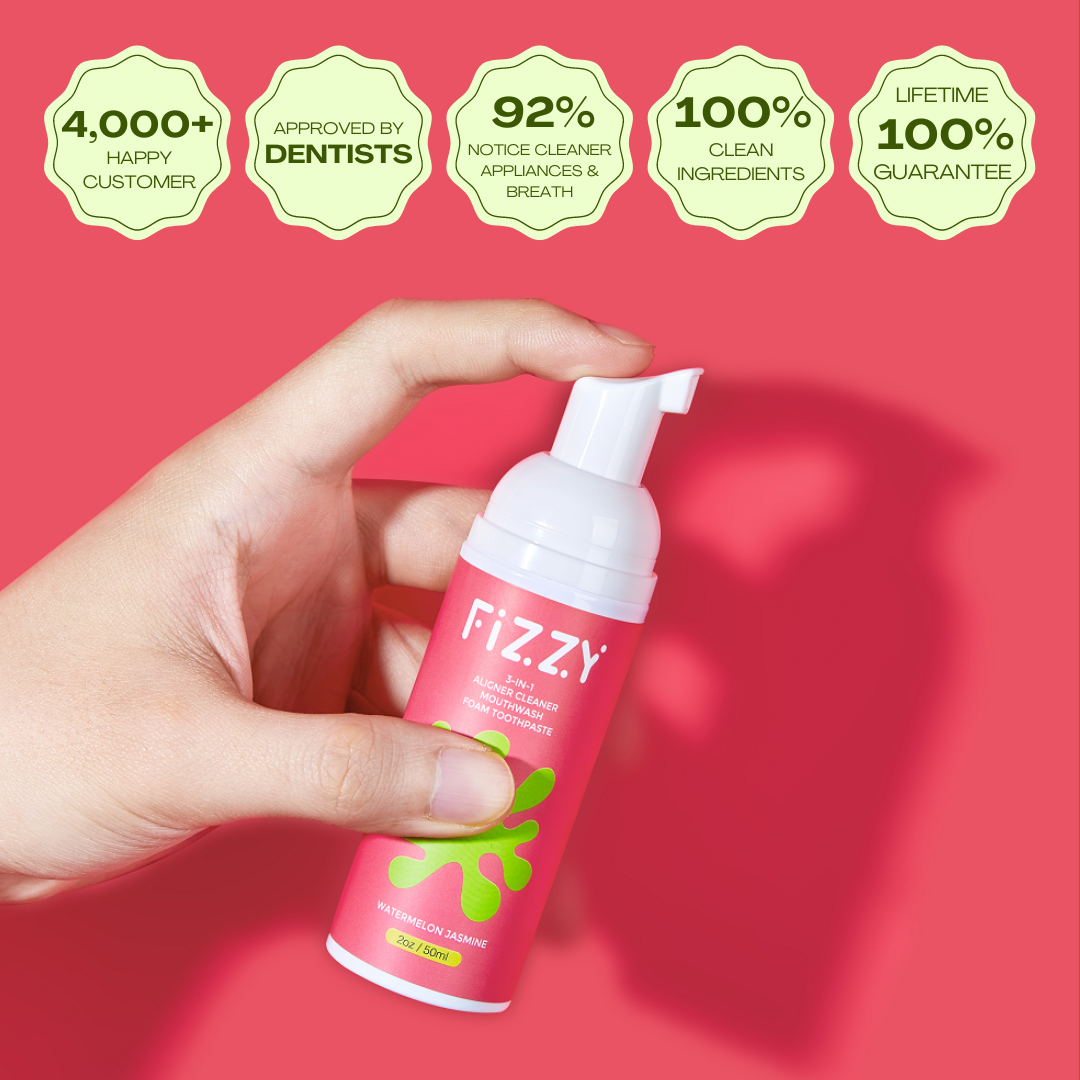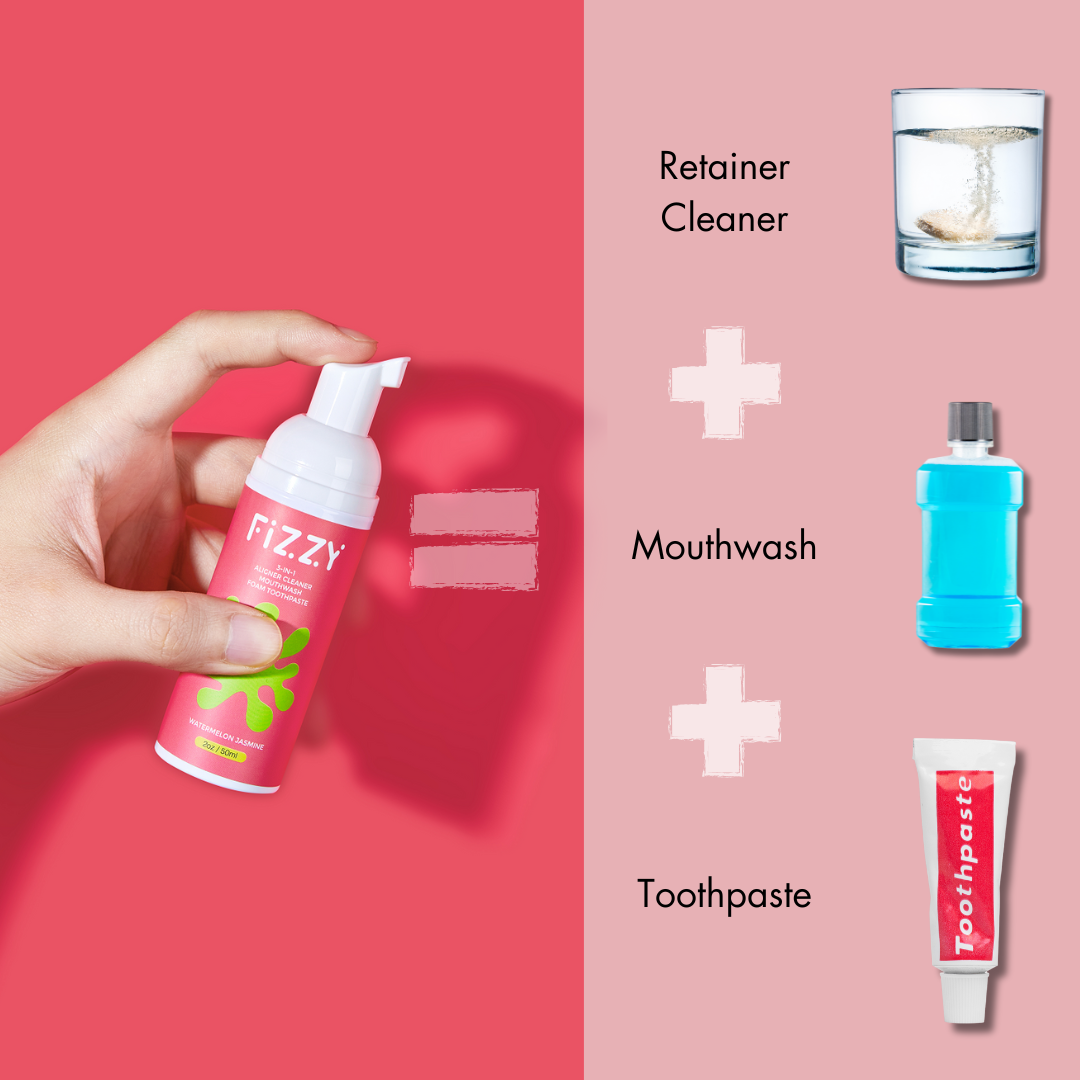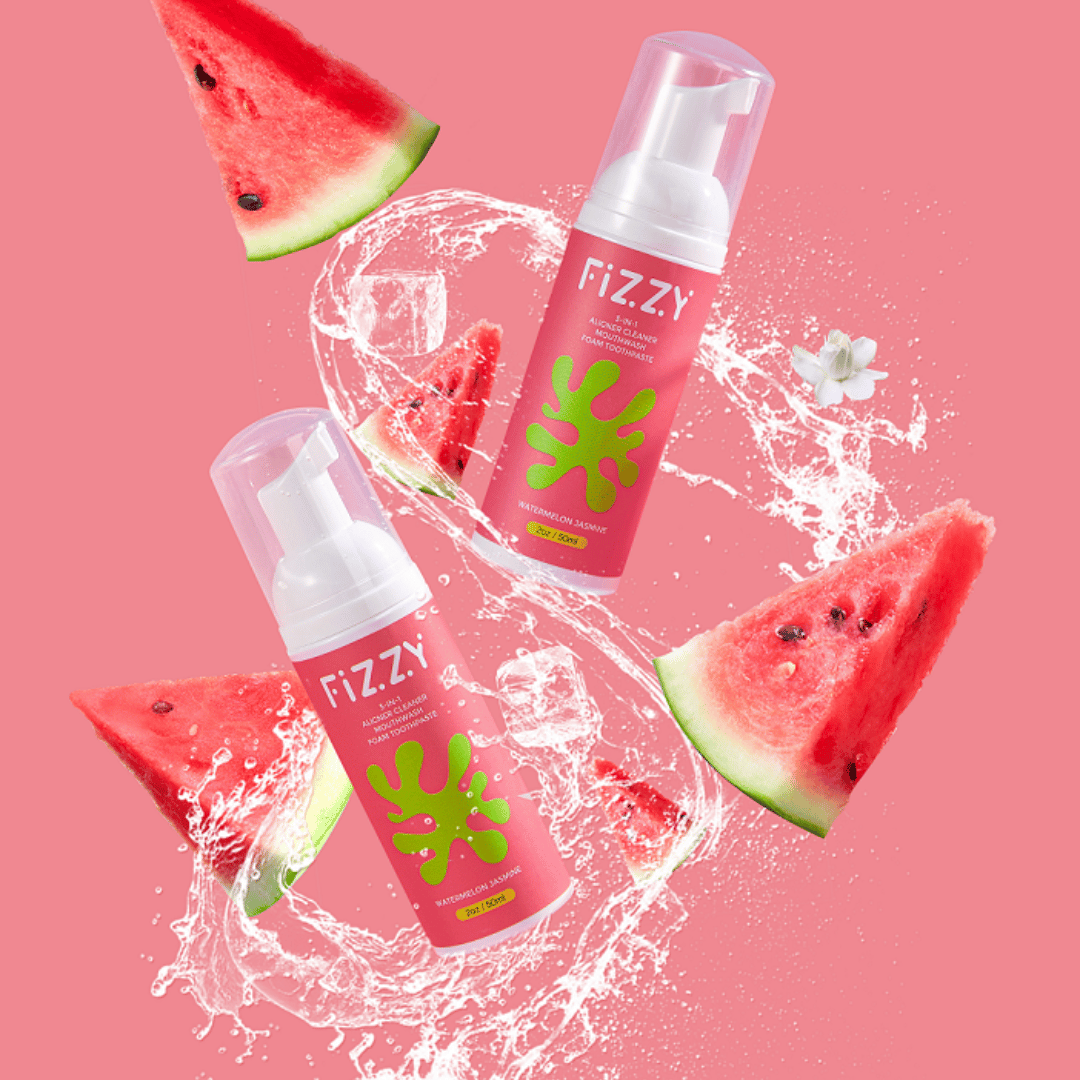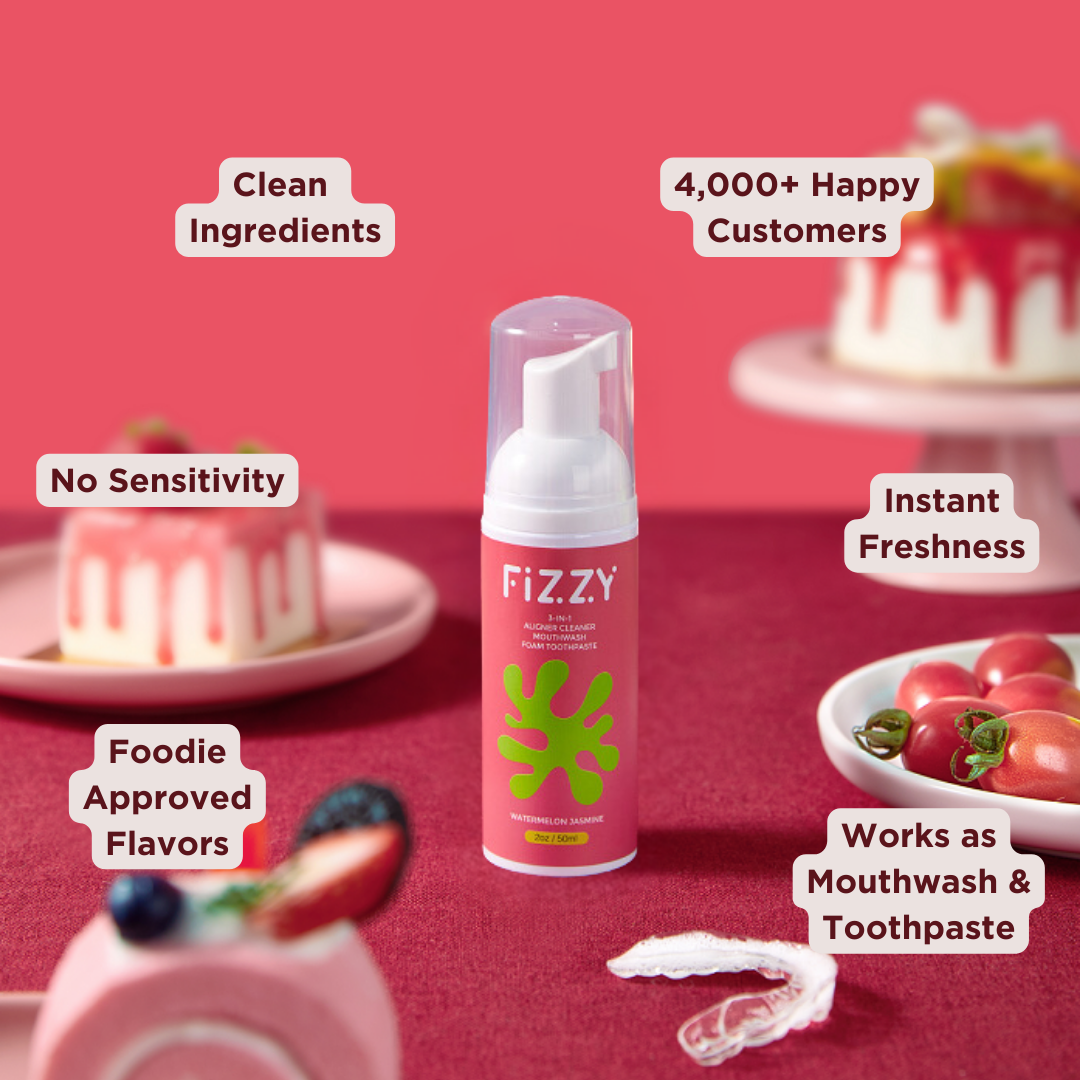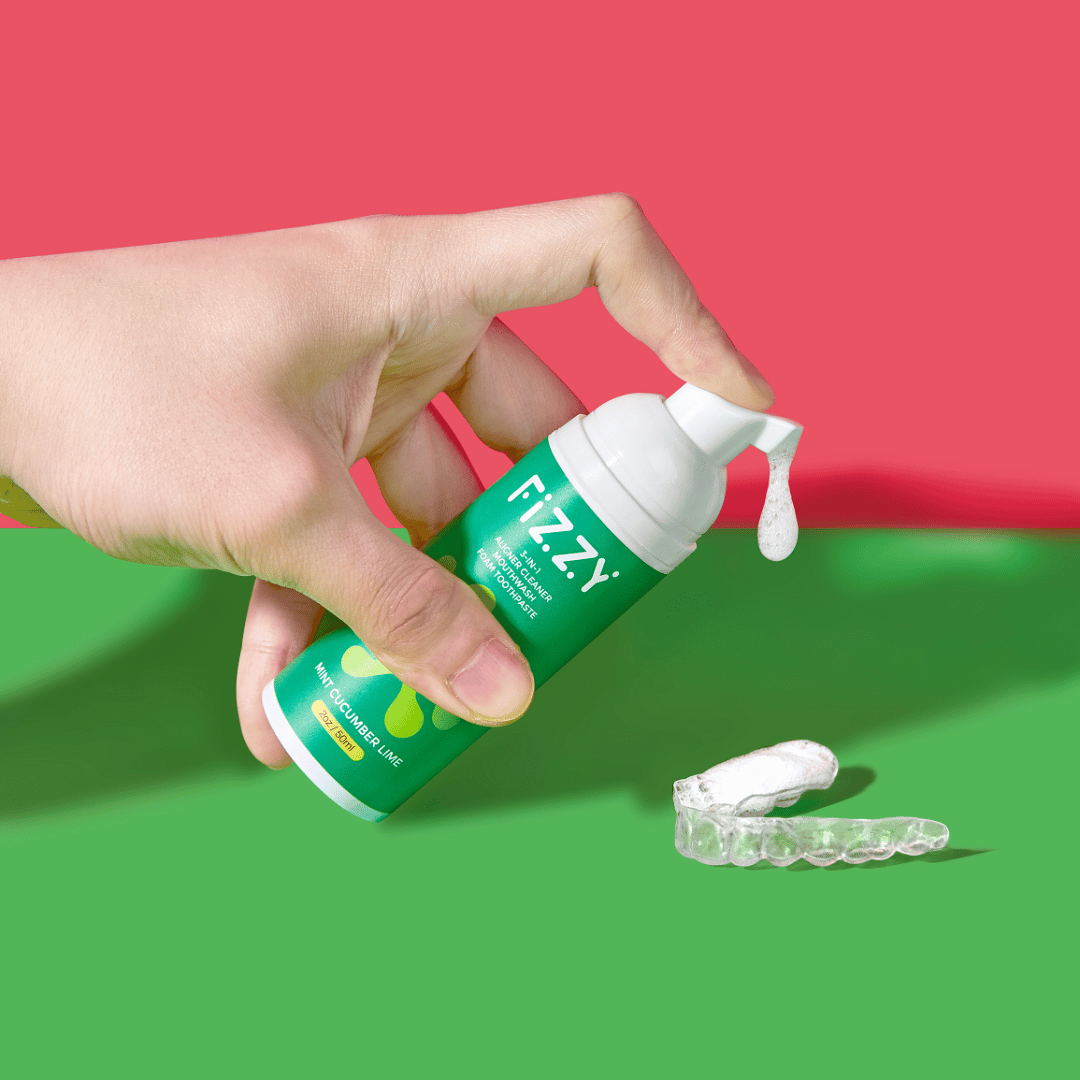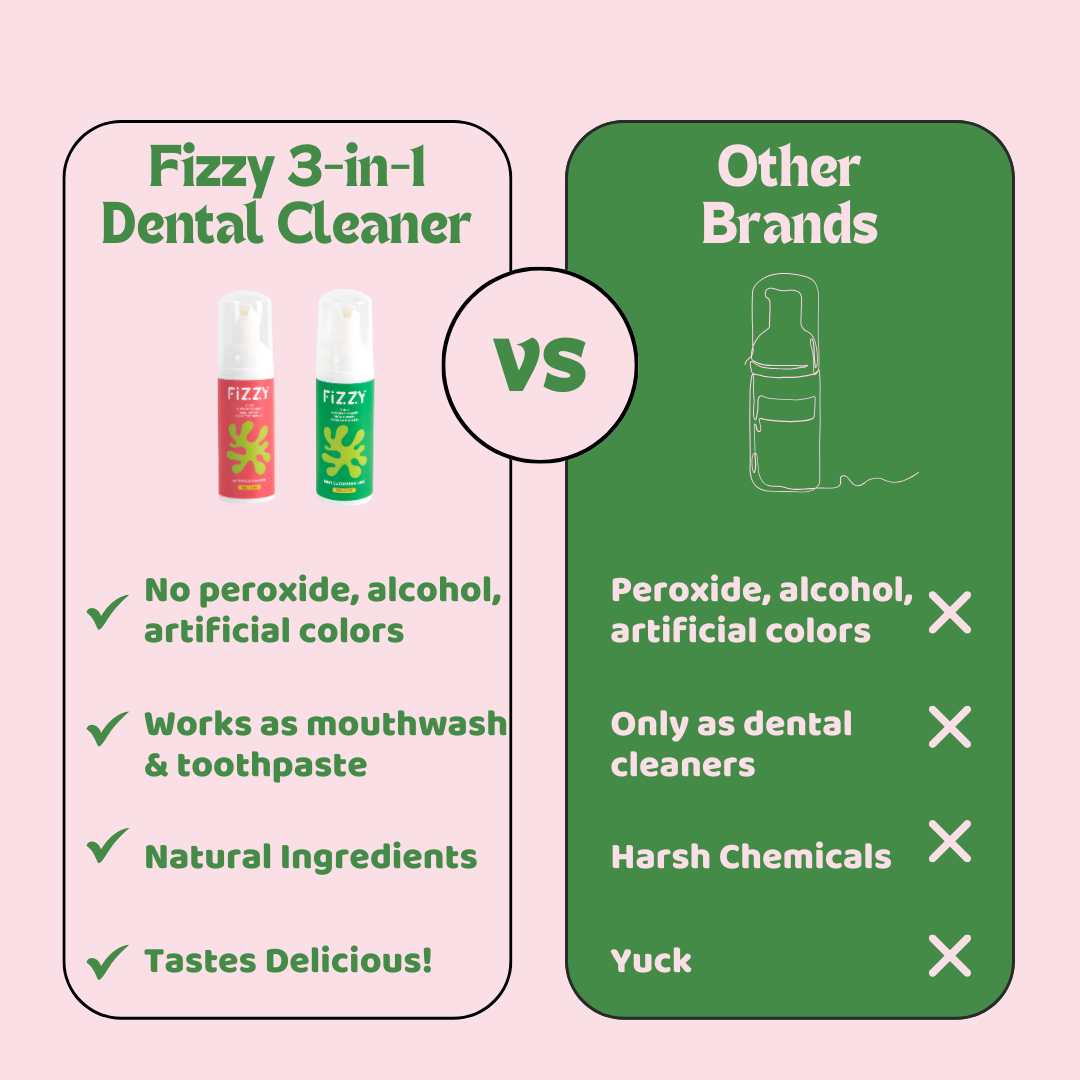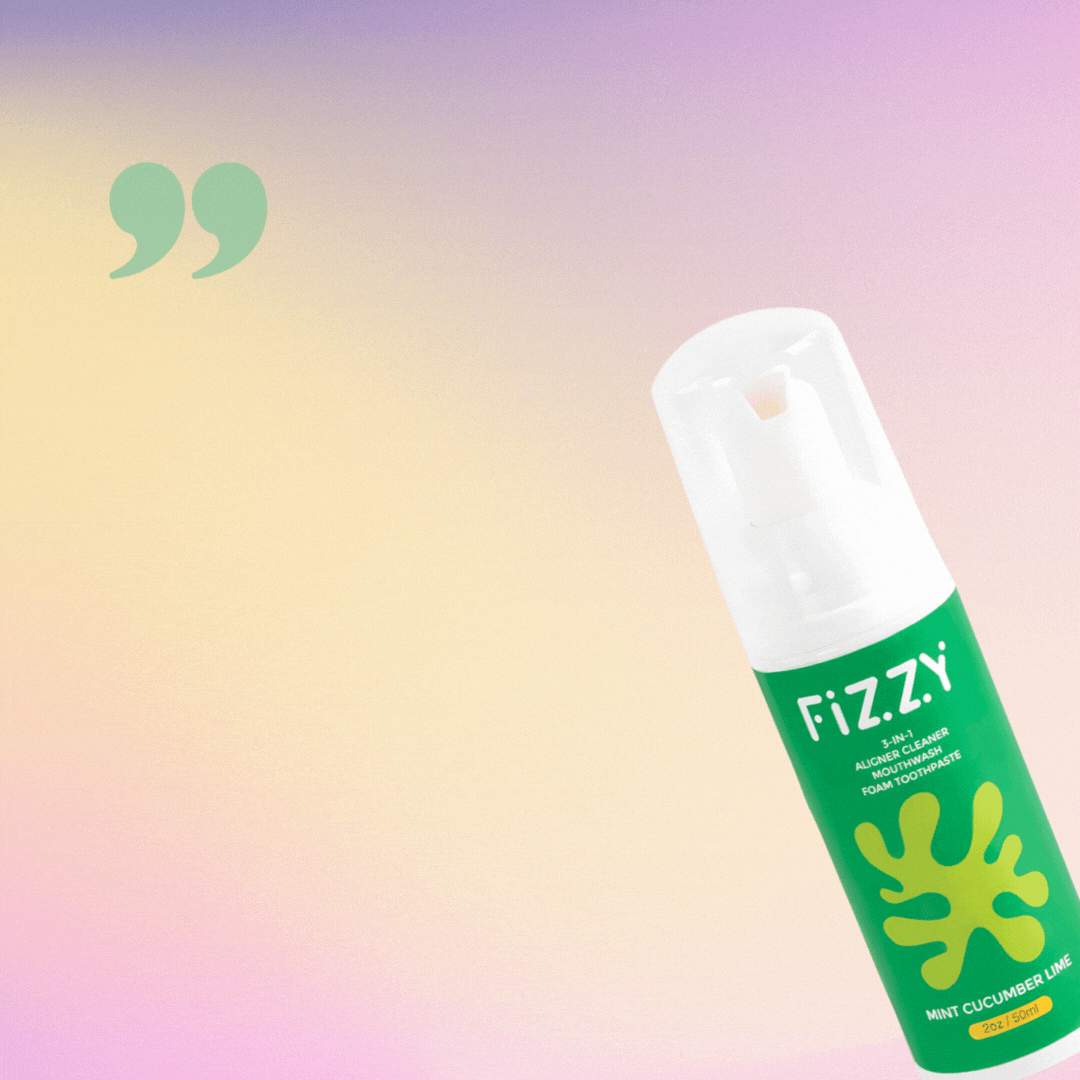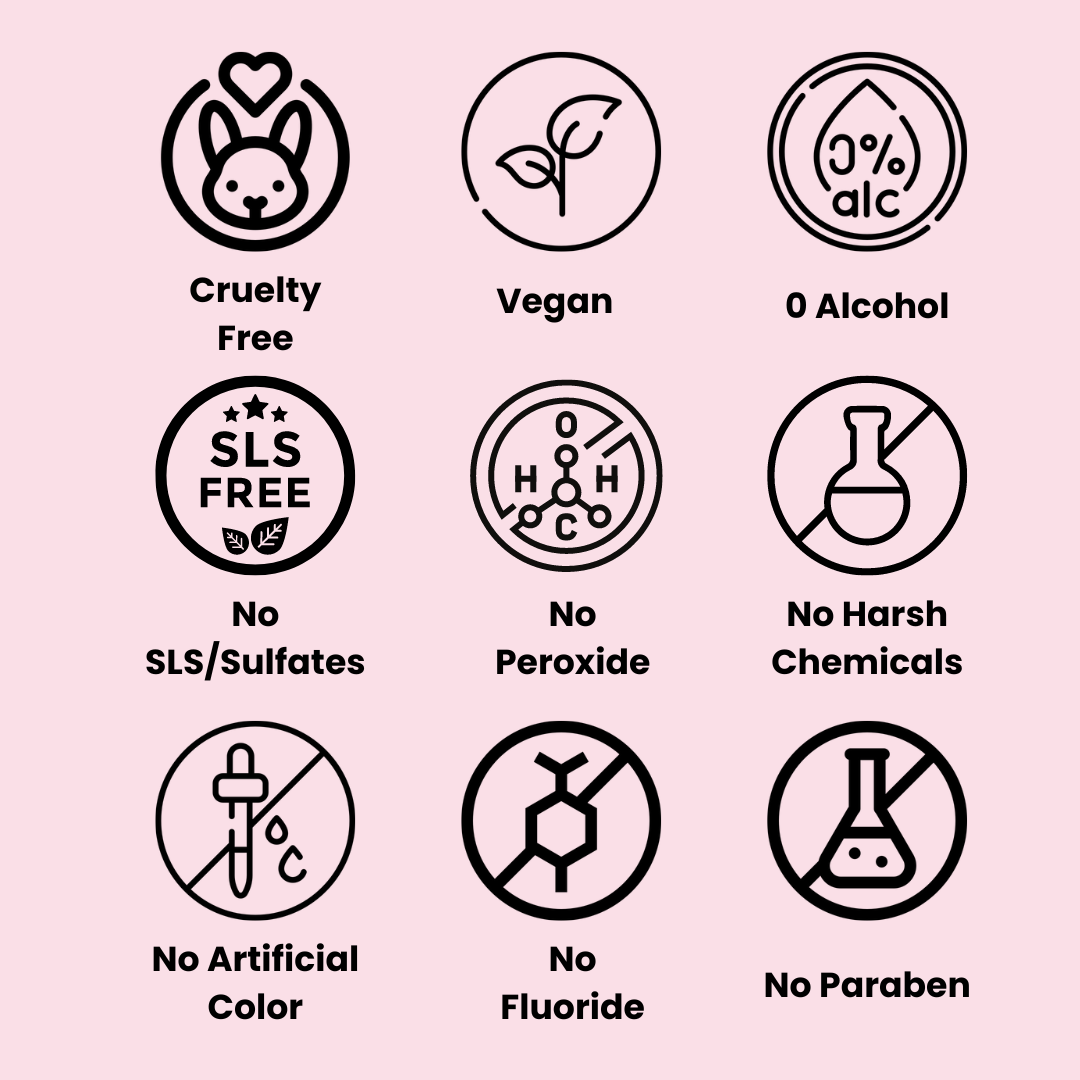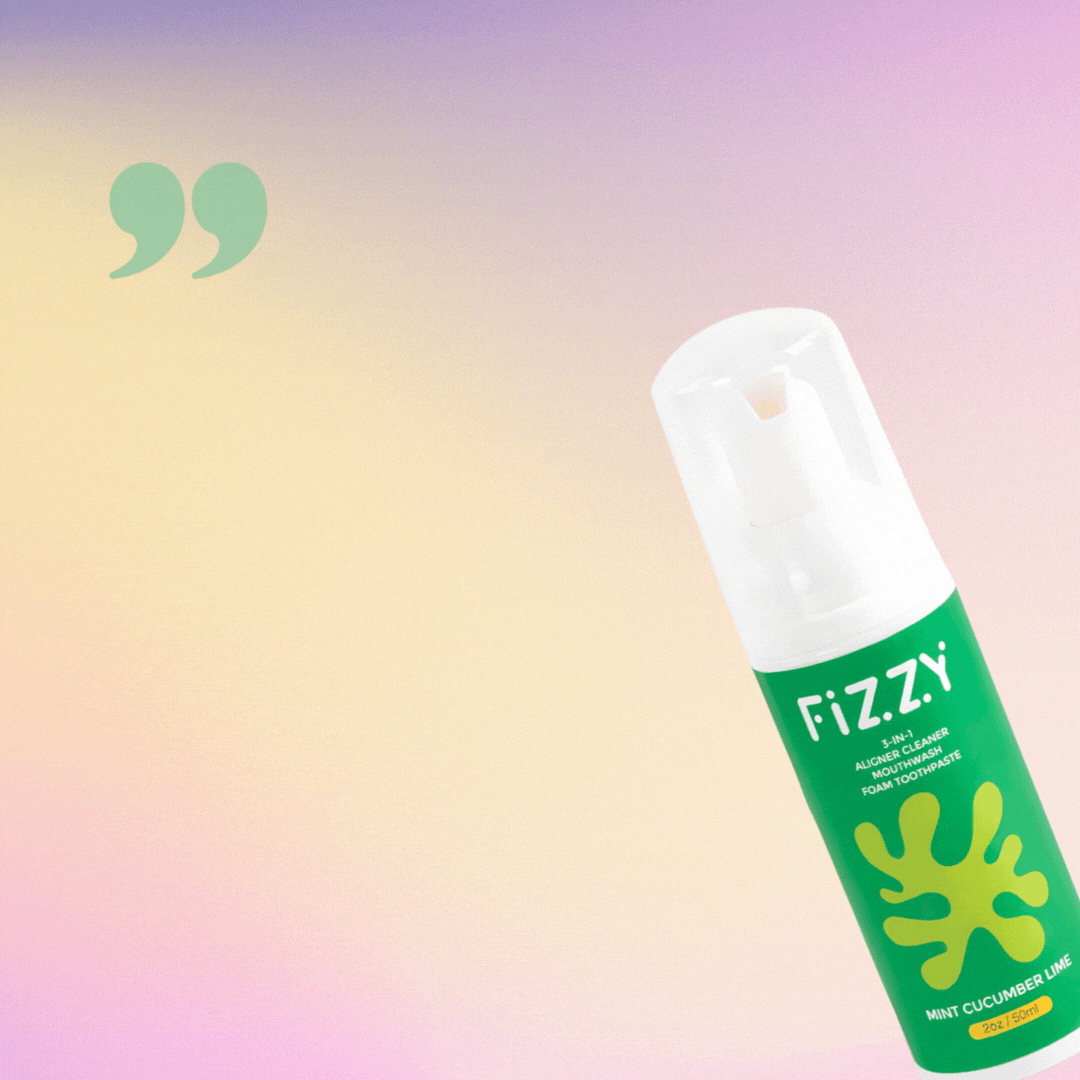
Oil Pulling vs Mouthwash
Maintaining good oral hygiene is essential for a healthy mouth and a bright, confident smile. While brushing and flossing are the foundation of good oral hygiene, there are additional steps that can be taken to improve oral health. Two popular methods for improving oral hygiene are mouthwash and oil pulling. In this article, we'll compare and contrast these two methods and explore their benefits and limitations.
Mouthwash
What is Mouthwash?
Mouthwash has been a staple in oral hygiene for decades, and there are many different types available on the market. Most mouthwashes contain antibacterial agents, such as chlorhexidine, cetylpyridinium chloride, and essential oils, such as menthol and eucalyptol. These ingredients work to kill the bacteria that can cause bad breath, tooth decay, and gum disease. Additionally, mouthwash can help to freshen breath quickly and easily, making it a popular choice for those who are on-the-go.
Pros of Mouthwash:
The effectiveness of mouthwash has been studied extensively, and research has shown that it can be an effective tool for improving oral health. A study published in the Journal of Clinical Periodontology found that using an antiseptic mouthwash twice daily can reduce plaque and gingivitis more effectively than brushing alone. Additionally, a study published in the Journal of Dentistry found that mouthwash can help to reduce bad breath.
-
Kills Bacteria: Mouthwash helps to kill the bacteria that can cause bad breath, tooth decay, and gum disease.
-
Freshens Breath: Mouthwash is an excellent way to freshen breath quickly.
-
Convenient: Mouthwash is easy to use and can be carried around for use throughout the day.
Cons of Mouthwash:
However, there are some downsides to using mouthwash. Many types of mouthwash contain alcohol, which can cause dry mouth and irritation for some people. Additionally, mouthwash can mask the symptoms of underlying oral health issues, making it difficult to identify and address the root cause of the problem. It's also important to note that mouthwash should not be used as a substitute for brushing and flossing, as it is not as effective at removing plaque and food particles from teeth and gums.
Oil Pulling
What is Oil Pulling?
Oil pulling is an ancient Ayurvedic practice that has gained popularity in recent years. It involves swishing oil around in the mouth for 10-20 minutes before spitting it out. The most commonly used oils for oil pulling are coconut, sesame, and sunflower oil. The oil is believed to attract and remove harmful bacteria from the mouth, which can improve oral health.
Pros of Oil Pulling:
Studies have shown that oil pulling can help to reduce the amount of harmful bacteria in the mouth and improve oral health. A study published in the Journal of Traditional and Complementary Medicine found that oil pulling can reduce the levels of harmful bacteria in the mouth, which can lead to improved oral health. Additionally, oil pulling is a natural, chemical-free way to improve oral hygiene, which can be appealing to those who prefer to avoid synthetic products.
Cons of Oil Pulling:
However, there are some downsides to oil pulling as well. The recommended 10-20 minutes of swishing can feel like a long time for some people, and the process can be messy and uncomfortable.
Comparison Between Mouthwash and Oil Pulling:
-
Effectiveness: Both mouthwash and oil pulling can be effective at improving oral health, but they work in different ways. Mouthwash kills bacteria, freshens breath, and can help to reduce plaque and gingivitis. Oil pulling helps to reduce bacteria and can help to reduce inflammation in the mouth.
-
Convenience: Mouthwash is more convenient than oil pulling, as it is quick and easy to use. Oil pulling takes more time and can be messy.
-
Ingredients: Mouthwash contains antibacterial agents and essential oils, while oil pulling uses natural oils such as coconut oil or sesame oil.
-
Side Effects: Mouthwash can cause dry mouth and irritation for some people due to the alcohol content. Oil pulling is generally safe but can cause discomfort for some people as it takes time to get used to it.
Oil Pulling vs Mouthwash: Pros and Cons
| Mouthwash | Oil Pulling | |
| Effectiveness |
Kills bacteria, freshens breath, reduces plaque and gingivitis ⭐⭐⭐⭐⭐ |
Reduces bacteria, reduces inflammation ⭐⭐⭐⭐⭐ |
| Convenience |
Quick and easy to use ⭐⭐⭐⭐⭐ |
Takes more time and can be messy ⭐⭐⭐⭐ |
| Ingredients |
Contains antibacterial agents and essential oils. But also contains alchohol ⭐⭐ |
Uses natural oils such as coconut or sesame oil ⭐⭐⭐⭐ |
| Side Effects |
Can cause dry mouth and irritation for some people due to alcohol content ⭐⭐ |
Generally safe, but can cause discomfort for some people ⭐⭐⭐⭐⭐ |
Bottom Line
In summary, mouthwash and oil pulling are two popular methods for maintaining good oral hygiene. Mouthwash is a rinse that contains antimicrobial agents to kill bacteria and freshen breath, while oil pulling involves swishing a natural oil, such as coconut oil, in the mouth to reduce bacteria and promote oral health. Oil Pulling is just as effective as mouthwash but it has less side effect and is safer and more natural.
Fizzy Coconut Oil Pulling is a popular variation of oil pulling that combines the benefits of oil pulling with the refreshing sensation of effervescence. This product is designed to provide a natural and effective way to maintain good oral hygiene while also providing a pleasant and refreshing experience. Fizzy Coconut Oil Pulling is a great option for those looking for a natural and convenient way to improve their oral health.Try it out!


